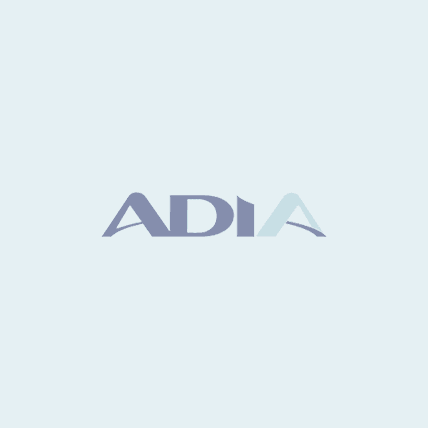Posted in TGA
Canberra dental practice fined $266,400
)
Canberra dental practice fined $266,400 for alleged unlawful supply of dental implants and bone grafts
The Therapeutic Goods Administration (TGA) has issued 20 infringement notices to a Canberra-based dental practice totaling $266,400.
The alleged breaches of the Therapeutic Goods Act 1989 (the Act) include the importation and supply of dental implants (medical devices) and bone grafts (biologicals) that are not approved for use in Australia.
It is alleged that the company imported, supplied and implanted medical devices and biologicals in patients that were not entered into the Australian Register of Therapeutic Goods (ARTG).Under the Act, therapeutic goods must be entered into the ARTG before they can be lawfully supplied in Australia (unless a specific exemption, approval or authority applies).
Implanted therapeutic goods cannot be recalled, therefore the TGA has asked the dentist to notify all affected patients.The advice to patients contains information about the implanted products and the ongoing management of their implants.
Patients who have concerns should seek advice from a registered dental practitioner.If you suspect non-compliance in relation to therapeutic goods, you can report illegal or questionable practices online to the TGA.
If you have concerns about health practitioners, notify the Australian Health Practitioner Regulation Agency (AHPRA).| Posted in:TGAIndustry News |
Invitation to comment: Sterilisation and Substantial changes
)
The Therapeutic Goods Administration (TGA) is requesting your comments on the following documents regarding Sterilisation and Substantial changes.
Click here to read the Changes affecting TGA issued conformity assessment certificates documentation.
Background
The TGA guidance 'Checklist guidance to supporting data required for adding or changing sterilisation suppliers for TGA conformity assessment applications' provides additional detail on the documentation required for applications relating to sterilisation supplier changes. It is acknowledged that incomplete or inadequately prepared submissions can further lengthen TGA's review process.
We look forward to your thoughts. Please submit your response to policy@adia.org.au by close of business Monday, 11 May 2020. Feedback will then be compiled and submitted on Wednesday, 13 May 2020.
| Posted in:TGA |
Invitation to comment: Scope of regulated software-based products
)
The Therapeutic Goods Administration (TGA) is requesting your comment on a consultation on a potential exemption or exclusion of certain regulated software-based products (Software as a Medical DeviceSaMD).
Medical device regulations are currently being reformed, including SaMDsuch as smartphone apps that may be used to diagnose and monitor disease. The reforms are also in line with similar changes introduced by regulators internationally, including in the EU.
Background Information
In 2019, the TGA consulted with stakeholders on a proposal to amend the existing regulations in relation to SaMD. Following this consultation, on 12 December 2019, the Therapeutic Goods (Medical Devices) Regulations 2002 were amended to (in part):
b) introduce new classification rules for SaMD for diagnosis or screening; monitoring; or specifying or recommending treatments for a disease or condition; or for providing therapy through the provision of information.
Currently, the amendments apply from 12 December 2019, while the classification rules apply from 25 August 2020 with transitional provisions applying for four years after that date for those sponsors who have ARTG entries prior to 25 August 2020 and who notify the TGA by 25 February 2021.Please note - these dates are likely to be extended following an EU decision on Monday, 20 April 2020 to delay due to the pandemic.
The TGA is currently developing industry guidance to help sponsors and manufacturers understand how they can demonstrate compliance with the amended regulations. The guidance will be progressively published on the TGA website throughout 2020. You can read the amended regulations here.Based on feedback to the 2019 consultation, the TGA is now seeking further clarification on the boundary for software-based products that could potentially be exempt or excluded so that sponsors and manufacturers are not subject to unnecessary regulatory burden, for instance, in cases where products present lower risk to safety or where products may already be subject to suitable oversight under other regulatory frameworks.
We look forward to your thoughts on the consultation paper. Please submit your response to policy@adia.org.au by close of business Monday, 11 May 2020. Feedback on the consultation paper will then be compiled and submitted on Wednesday, 13 May 2020.| Posted in:TGA |
)









